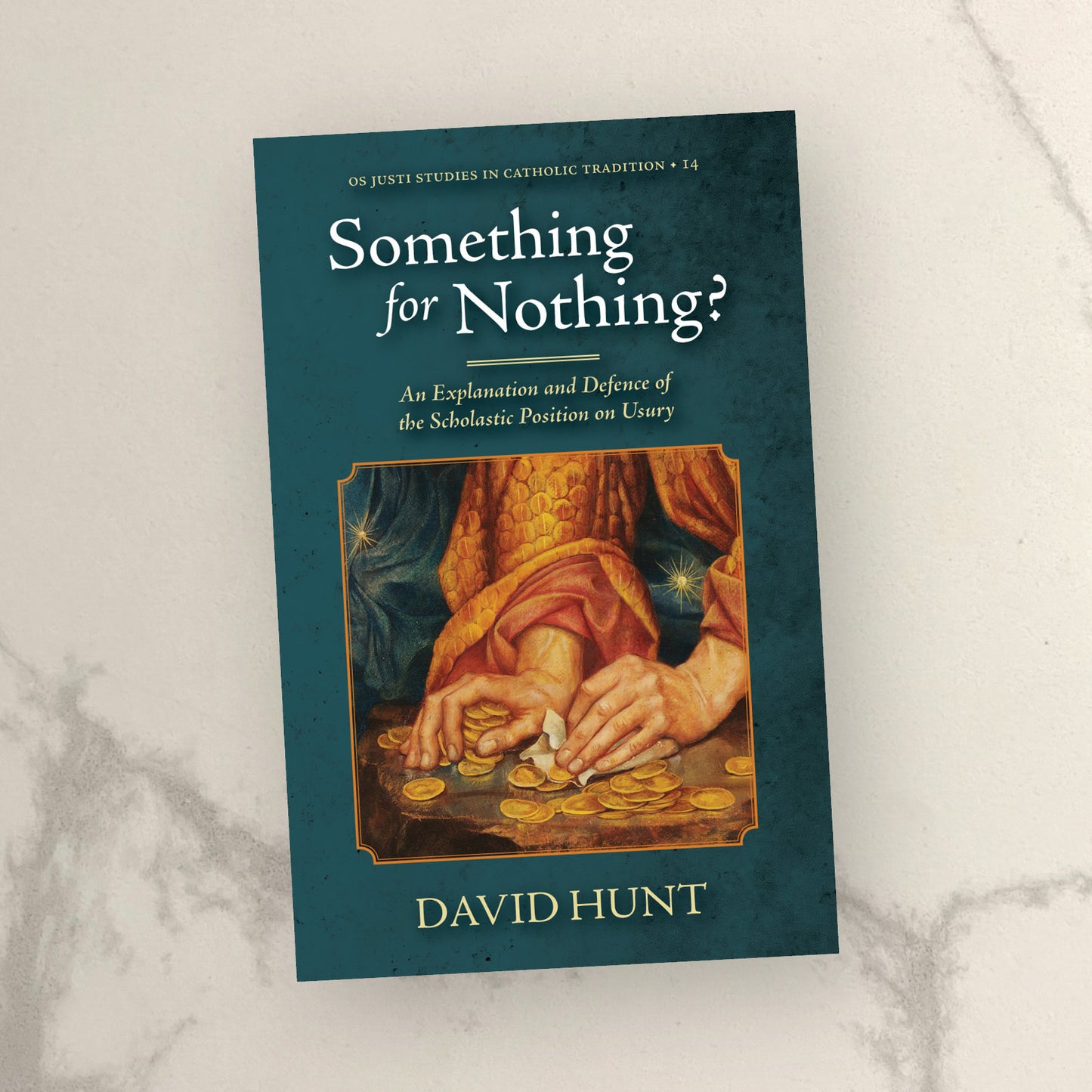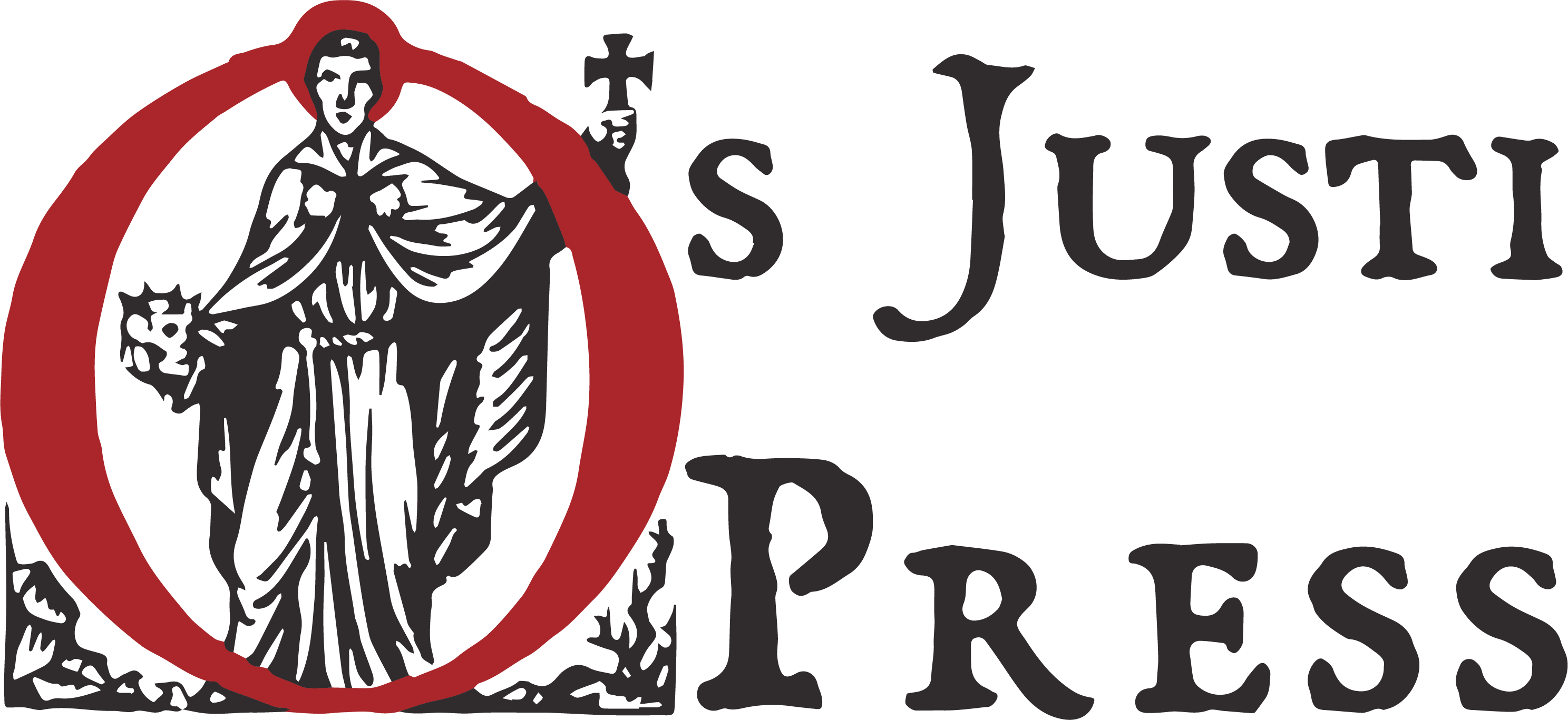Os Justi Press
Something for Nothing?
Something for Nothing?
Couldn't load pickup availability
Usury is a topic with a long and complex history. While it is typically understood today as the practice of charging excessive interest, this is a far cry from the meaning given to it by ancient and medieval authors, who considered the charging of any interest on a mutuum (a loan of such things as are estimated by weight, number, or measure) to be usury.
Finding a thorough, coherent, and believable explanation for so monumental a difference in outlook has been nearly impossible—until now. In this provocative work, David Hunt explains and defends the traditional view that usury is a charge for something that does not exist and is therefore a form of theft. Indeed, usury begets a form of chattel slavery, since charging interest on a mutuum is an attempt to profit by treating the borrower as the lender’s property.
Not only does Hunt present and clarify the classic arguments (as seen above all in St. Thomas Aquinas), he also carefully distinguishes usury from morally legitimate ways in which rent and fees may be charged. He shows how modern economists from the late seventeenth century onward misconstrue the issues at hand, leading not so much to the refutation of the old view as to a distortion and neglect of it that persists to this day.
Drawing on a wide range of economists and theologians, Hunt pierces to the heart of the usury debate, thoroughly debunking the claim of John T. Noonan that usury is a “dead issue” to which only to “a few inveterate haters of the present order” pay heed. In reality, a clear grasp of usury is crucial to understanding why many modern Westerners live in a state of financial slavery—and why this was not the inevitable result of “progress” but a direct consequence of subordinating moral reasoning to economic analysis.
PRAISE FOR THE BOOK
“There are few books of which one can say that they are required reading for both theologians and economists, but Something for Nothing? is surely one of them.”—Fr. Thomas Crean, OP, co-author of Integralism: A Manual of Political Philosophy
“The chief strength of this work is the author’s defense of the full rigor of the illicitness of usury, i.e., not ‘too high a rate of interest’ but any interest based simply on the fact of a loan contract.” —Thomas Storck, author of An Economics of Justice and Charity: Catholic Social Teaching, Its Development and Contemporary Relevance
“Treatments of usury are frequently burdened with garbled definitions and serious misunderstandings. David Hunt has done us a great service by providing a brilliant and lucid treatment of a practice that was branded sinful by the Council of Vienne and, in fact, can be known to be evil by the light of natural reason.” —Alan Fimister, author of The Iron Sceptre of the Son of Man: Romanitas as a Note of the Church


